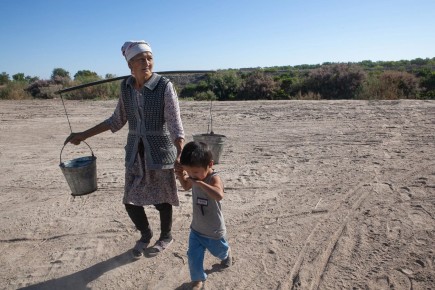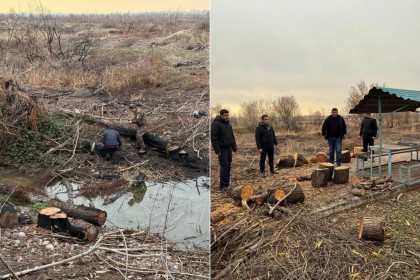October in Uzbekistan will be very dry, posing significant risks to agriculture, according to weather forecaster Erkin Abdulakhatov.
Mid-autumn is the transition period between harvest and new crop cycle. Soil must absorb autumn precipitation to accumulate moisture for the winter. Winter crops—wheat, barley, and rapeseed—are sown during this period. These crops require natural moisture for germination. Otherwise, seeds will lie in dry soil and do not develop. This will, at a minimum, lead to a delayed harvest, and at a maximum, to seed death.
Primary agricultural lands receive 50-80% of monthly precipitation during the month.
After hot and dry months, even the normal precipitation level would not have produced the desired effect, noted Erkin Abdulakhatov.
According to him, under the influence of the La Niña effect—a cooling of the waters in the central Pacific Ocean—winter in Uzbekistan will be dry, followed by a sharp alternation of cool and warm days in February and March, which will also impact plant growth.
2026 looks set to be a difficult and testing year for the agricultural sector, Erkin Abdulakhatov concluded.















